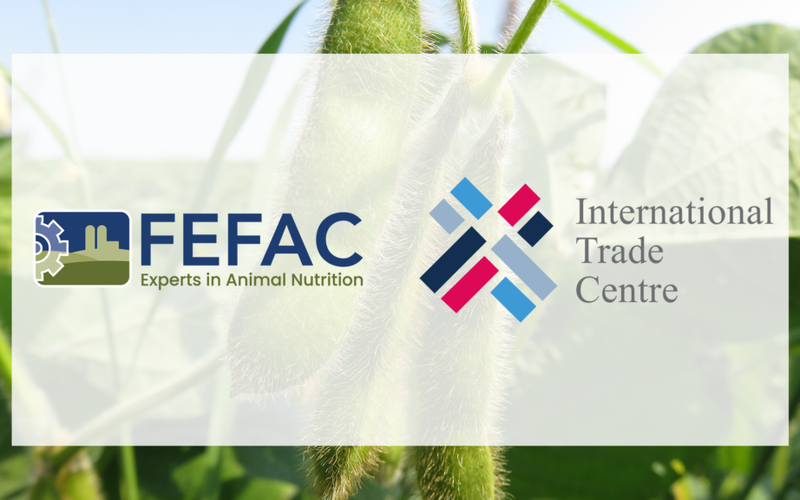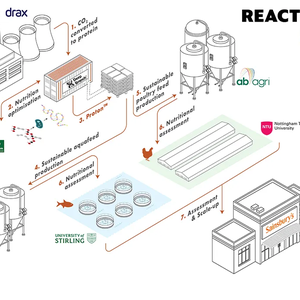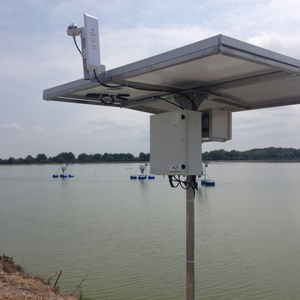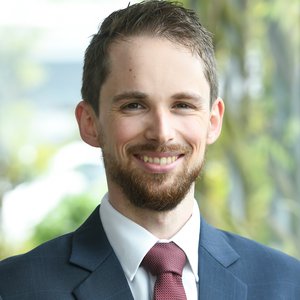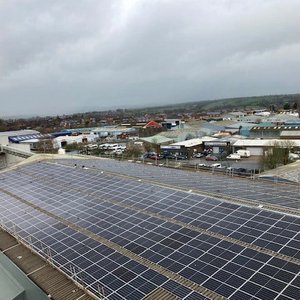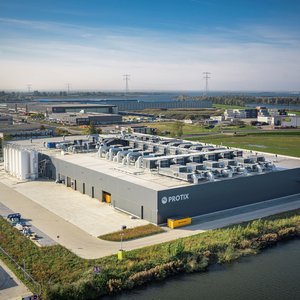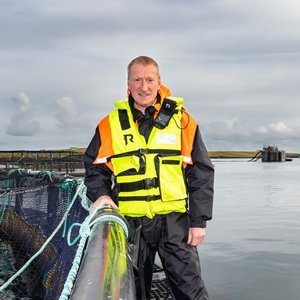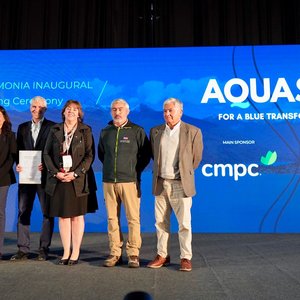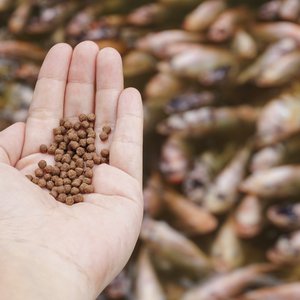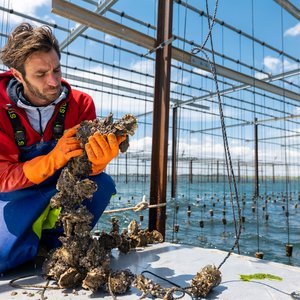Five more schemes offering responsible soy products to the European feed market have successfully passed the independent benchmarking process against the FEFAC Soy Sourcing Guidelines 2021, FEFAC and ITC announced. The newly added schemes are:
- FEMAS Responsible Sourcing of Agricultural & Natural Products
- ISCC EU & ISCC Plus
- Louis Dreyfus Company Program for Sustainable Agriculture
- Sodru Sustainable Soy Programme
The five schemes bring the total number to 20 responsible soy schemes which are compliant with the FEFAC Soy Sourcing Guidelines 2021, showing the strong commitment of supply chain partners to strengthen and support the European feed industry’s efforts to foster the mainstream market transformation of the use of responsibly produced soy products.
Nineteen out of 20 schemes also comply with the specific desired criterion on conversion-free soy, meaning they offer responsibly produced soy grown on land that didn’t come at the expense of any (illegal or legal) conversion of natural eco-systems (i.e. including non-forest native vegetation in the Cerrado Biome) as from a specific cut-off date (December 2020 as the latest possibility).
All schemes having successfully applied and passed the benchmarking process are displayed in the updated FEFAC Soy Sourcing Guidelines Benchmarking Tool on ITC Standards Map. The tool includes a filter system for schemes providing conversion-free soy, which allows users to select between the different supply chain models and two periods of cut-off dates.
FEFAC president, Asbjørn Børsting, said that “in just over a year after the release of the FEFAC Soy Sourcing Guidelines 2021, FEFAC and ITC have fully delivered on their joint ambition to provide increased market transparency of current providers of responsible and conversion-free soy. It is clear now that there is a mainstream market offer for responsibly produced and conversion-free soy with a cut-off date before December 2020, sufficient to cover the needs of the European feed industry. Our downstream value chain market partners should take advantage of these responsible and conversion-free soy programs thus responding to growing market demand, while ensuring future compliance of imported soy with EU policy objectives for sustainable and deforestation-free supply chains in a credible and verifiable way.”
ITC Trade for Sustainable Development Program head, Joseph Wozniak, said, “we are glad to have conducted a comprehensive benchmarking exercise for sustainable soy schemes putting into use ITC Standards Map database and the benchmarking tool. With the growing market need for sustainable soy, the results of the benchmarking bring more transparency and clarity on the number of schemes addressing the production of sustainable conversion-free soy.”


